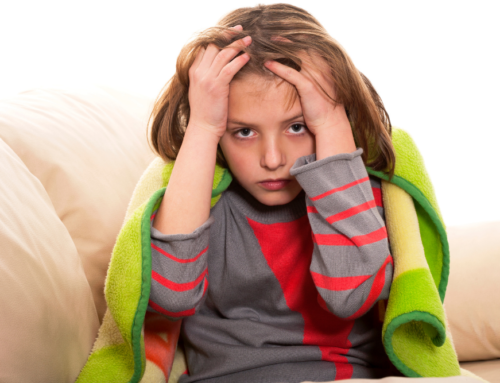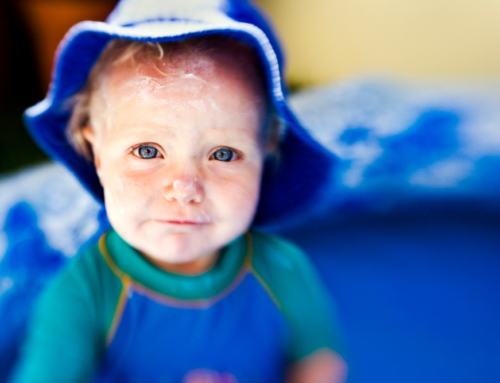
One of the best parts about Thanksgiving is being able to express gratitude for what you have and for the loved ones around you. Children are often asked to share what they’re thankful for in the form of hand-traced turkey art or conversations at the holiday dinner table. Unfortunately, during the months outside of November, the cultural emphasis on gratitude tends to fade away.
Teaching your child to be grateful throughout the rest of the year can be a challenging task.
While it’s easy to train your child to automatically say “thank you” after receiving a gift, teaching your him or her to fully understand the meaning and feeling of gratitude, and having the ability to genuinely express those feelings gets tricky.
Babies start out self-centered by nature. Dependent on their caregivers for the primary months of their lives, babies eventually need to be taught they are separate human beings from their parents and that their parents do things specifically for them to make them happy. A child’s ability to recognize their dependence can be developed as they enter their toddler years, which was highlighted in a recent edition of “Parents Magazine.”
As a parent, it is helpful to model gratitude by engaging your children in conversations in which you express your appreciation. Expressions such as “Your hugs make me feel so loved!” “I’m so happy when you put your toys away” or “Your smile makes my day” demonstrate to them that their actions impact those around them. Other expressions like “Aren’t we lucky to have such a comfy couch?” or “Isn’t going to the movies so special?” helps kids connect the dots: They have something should not be taken for granted.
As they get older, children can also engage in conversations with family and friends about what they are grateful for. It is easier for younger children to be grateful for physical objects: their bike, their doll house, their family, etc. As they approach age four or so, the ability to feel gratitude for things like kindness, love and help from others develops.
Encourage your child to take time to think about what they appreciate about others because expressions of gratitude become all the better when others are thanked for their strengths and help they provided. And think about who may be overlooked, for example, sometimes grandparents who live far away can be forgotten. Encouraging your child to keep a gratitude journal, or keeping one together as a family, can encourage a daily “attitude of gratitude” and keep gratitude on the forefront of a child’s developing mind.
Experts suggest that asking your child to help around the house with chores can increase a child’s level of empathy for others completing the same tasks. This is because doing chores helps children understand that certain tasks, such as setting the table/making their bed/ folding clothes, etc. require effort. In turn, when other people do these chores to help them, they are better able to empathize with the amount of work that person has put in.
If you’re looking for a good way to introduce the concept of gratitude to your child, Thanksgiving is a great way to start. Be sure to enjoy this special time of year with your family and friends and have a Happy Thanksgiving!
If you ever have a question about your children, want to schedule a check-up appointment, or are looking for a Denver-area pediatrician and want to learn more about our practice at Mountainland Pediatrics, call us at 303-430-0823.



